#EU
European Regulators Finally Approve PSA/FCA Becoming Stellantis
Fiat Chrysler and PSA Group are reportedly in the homestretch of their $38 billion merger deal and on the cusp of becoming Stellantis — the planet’s fourth largest automaker by volume. The plan is to join forces to help absorb the monumental cost of developing alternative energy vehicles (like EVs) without losing any brands or shuttering any facilities that weren’t previously marked for death. We’re inclined to believe it when we see it, however, as the duo are also targeting an annual cost reduction of 5 billion euros (about $5.91 billion USD).
It also hasn’t been a smoothest of regulatory rides. After spending years hunting for the perfect partner, FCA and PSA had to adjust the terms of their existing deal to contend with losses incurred as a result of the pandemic response. But it all seems to be fine now and the European Commission has given approval and that’s what matters in finally getting this deal done.
Facing Emission Fines, Ford Becomes Ravenous for Carbon Credits
Ford is joining the lengthening list of automakers that cannot adhere to European emissions mandates this year and is pursuing the popular option of simply buying carbon credits from rivals who managed to sell more than a few electrified vehicles.
Under the EU rules, manufacturers can “earn” carbon credits by selling more EVs. But legacy automakers were hamstrung all year by the pandemic and Ford is on the hook for a recall of its Kuga (Escape) PHEV. The Blue Oval recalled almost 21,000 examples of the plug-in hybrid in August, asking owners not to drive the crossover in its electric-only mode and to avoid charging the battery. While alarming in its own right, Ford said the recall effectively makes it impossible for it to meet 2020 EU emission quotas. It is now seeking partners for an “open emissions pool” and is hardly the only manufacturer doing this.
EU Bans Rolls-Royce's Illuminated Spirit of Ecstasy for 'Light Pollution'
Those of you familiar with vintage motorcars will recall that there was once a period in history where hood ornaments weren’t the classy exception but the rule. Automakers have been affixing their corporate iconography to the top of vehicles since before there were seat belts, tapping members of the animal kingdom, indigenous leaders who opposed the British (back when such things were acceptable), winged letters of the alphabet, rocket ships, and just about everything else one could imagine wanting to stick atop an automobile. But most of those have been modified to suit the times and/or relocated onto the grille in an effort to avoid impaling pedestrians (Ed. note: And perhaps theft. I think my grandparents had the hood ornament stolen off their mid-’90s era Buick once. — TH).
While a few companies attempted to get around government safety regulations by implementing flexibly mounted hood ornaments designed to avoid stabbing the person you’ve already done the disservice of hitting with your car, just about all of them have given up the ghost by 2020. The only notable exception is Rolls-Royce, which has spent a fortune designing a spring-loaded device that snaps its famous Spirit of Ecstasy (aka the Flying Lady) down inside the engine bay whenever a moderate amount of force is applied.
The company has since decided to update its ornament to allow drivers to retract it on demand. It has also started offering a £3,500 option that makes Spirit of Ecstasy an illuminated crystal bauble that has suddenly run afoul of the European Union’s new light pollution regulations. Rolls-Royce will need to remove it from its brochures and customers will be forced to neuter their vehicles if they want to be compliant with the law.
Rare Rides: The 1993 Cizeta V16T, It's Not a Diablo
Today’s Rare Ride is one of those stand-out vehicles which had little (if any) real competition. Ten lamps up front, two seats in the middle, and 16 cylinders at the back. It’s a wonder it doesn’t take off in flight.
Cizeta time.
European Union Empowered to Recall Vehicles Over Emission Violations
Updated rules have granted the European Commission the ability to not only check cars for emissions compliance, but also issue recalls for those found in violation.
Previously, recalls were required to be issued by the EU member nations that initially certified the vehicles. But the European Commission claims this tactic has allowed automakers to easily circumvent regulatory mandates, making large-scale recalls slower to progress for almost a decade. Following Volkswagen’s diesel emissions scandal in 2015, the EU ramped up efforts to consolidate regulatory powers after the United States was the one that initially busted the German automaker for cheating during pollution tests.
The European Commission will now be able to enact recalls on its own authority and fine automakers up to 30,000 euros ($35,725 USD) per vehicle. Those in broad opposition of giving Brussels additional authority have criticized the changes, while those supportive of the EU claim it will be able to deliver environmental justice more swiftly than individual nations.
Rare Rides: A 2008 Alfa Romeo 8C Competizione - Exquisitely Italian
Rare Rides has featured many an Alfa Romeo in past editions, but none as new as today’s 8C. With its very striking design, a limited manufacturing run, and a very high price when new, the low-slung coupe was instantly rare. A daring coupe from a small Italian manufacturer.
Let’s go.
Rare Rides: A 1986 Peugeot 505 Wagon - French and Turbocharged
Rare Rides has featured a couple of Peugeot cars in previous entries. From the Nineties was the sporty front-drive 405 Mi16, which had the honor of being the last Peugeot model sold in the United States.
We also featured a Seventies Peugeot: The graceful 504, which was predecessor to today’s 505.
For Whom the EU Tolls: Germany Keen on Gouging Any and All Drivers
What if you had to pay a toll to drive anywhere? It’s entirely possible that such a proposal would spark a backlash in the road-hungry United States, but the idea hasn’t won over everyone in eco-conscious Europe, either.
In addition to existing steep fuel taxes, Germany wants to see a blanket road toll go into effect across the continent.
Rare Rides: The 2003 Lancia Thesis - Questionable Styling and Legality Comes Standard
Rare Rides occasionally features vehicles that have somehow slipped through the 25-year importation net and exist in this country as illegal immigrants. First up was a little Citroën Picasso hatchback from Arizona, and more recently we featured a bright orange Fiat Barchetta from Florida.
Today we venture into illegality once more, with the luxurious and beautiful Lancia Thesis from 2003.
PSA-FCA Merger Doesn't Need Any Changes: Tavares
PSA Group CEO Carlos Tavares has bucked the notion that his company’s merger agreement with Fiat Chrysler Automobiles needed its terms massaged. Living through the coronavirus should be proof enough that automotive partnerships are essential for weathering the coming economic storm, and that governments shouldn’t stand in the way — or so goes the theory.
During PSA’s annual shareholder meeting on Thursday, the CEO suggested that the poor condition the global auto industry finds itself in makes this a poor time to discuss the issue. Tavares believes the unsavory conditions created by COVID-19 makes cost savings even more vital and that partnering with another automaker is its best bet to stay healthy. “The merger with FCA is the best among the solutions to cope with the crisis and its uncertainties,” he said.
Rare Rides: The 1984 Ferrari 288 GTO - Eighties Exotica and a Childhood Toy Story
Today’s Rare Ride is a seriously sporty evolution of Ferrari’s well-known 308 GTB. Built as a homologation special, the 288 GTO was one of the most exclusive vehicles Ferrari produced in the Eighties.
It’s a car which became relevant to me this past weekend, when a rusty example was unearthed in my parents’ backyard.
FCA, PSA to Be Probed Deeply Ahead of Merger
Executives from Fiat Chrysler Automobiles (FCA) and PSA Group are reportedly concerned that their companies are in for an extensive probing by the European Commission before their planned merger can take place. Ideally, the duo have said they want to finalize the deal early in 2021, but the prolonged investigative dive may force them to readjust that timeline.
The European Union has historically been a big fan of antitrust investigations and often tries to predict future business actions to address how newly formed organizations might impact the market overall. It’ll be a difficult task, what with automotive sales suppressed by coronavirus lockdowns and the global economy looking particularly grim.
Few are under the impression that the merger will be blocked, however.
Ghosts Of Dieselgate: VW Loses Important Case in Germany
Volkswagen’s emission-related malfeasance was promptly identified and dealt with in the United States. The company was accused of using suspect software to game testing scores on diesel-equipped models in 2015. By October of 2016, VW was on the hook for a $15.6 billion financial penalty, in addition to mandatory fixes or buybacks on affected vehicles.
Things progressed differently on the European front. Germany has subjected the manufacturer to numerous investigations, ultimately deciding to fine the firm $1.18 billion in 2018 and enact widespread recalls. Civil suits have largely focused on VW’s legal representatives denying the software had any ill intent, claiming it was simply code that mistakenly allowed the cars to become non-compliant with regulatory limits. This didn’t fly, however, with a gigantic UK lawsuit finding the automaker guilty of intentionally misleading customers in April.
This week, VW lost another important legal battle in Germany when the Bundesgerichtshof found it guilty of cheating on emissions testing years earlier. The Federal Court of Justice in Karlsruhe decided disenfranchised diesel van owner Herbert Gilbert was entitled to a €28,000 payday, setting a precedent for thousands of other claimants seeking revenge.
Rare Rides: The 1984 Ferrari 400 GTi - Luxurious Ruching for Four
Today’s Ferrari 400 took a more upscale approach than its contemporaries wearing the prancing horse badge. The engine was at the front instead of the middle, the seats numbered four instead of two, and the accommodations were more cocktail lounge than race car.
Let’s find out more about the vintage Ferrari many fans gloss over entirely.
EU Considers $22 Billion Electric Vehicle Stimulus, U.S. Mulls Cash-for-clunkers Redux
The European Commission is reportedly preparing an economic stimulus package aimed at helping the EU bounce back from economic hardships caused by the coronavirus lockdown — saving some room for incentivized electric vehicle sales.
As you may have noticed in your home country, stimulus package proposals often involve lawmakers attempting to slip something in to aid their favorite causes. While not every nation in the EU feels similarly on all matters, environmentalism has been a reoccurring theme within the union — and has encouraged it to make aggressive decisions when it comes to promoting vehicles.
For decades, the European Union spent billions in subsidies and tax breaks to make diesel fuel cheaper than gasoline. Diesel engines produced less carbon dioxide and opened the door to biofuels, so the presumption was they were better for air pollution. That turned out not to be true, so the continent then pushed hard into subsidizing EVs, with diesel sales crumbling as a result.
Now seen as the only way to save the world from heavy, gas guzzling crossovers that people actually buy in great numbers, battery electric cars are getting their moment in the sun. And it may get a little brighter. The next EU stimulus package is set to include €20 billion ($22 billion USD) for those deciding to purchase an environmentally friendly passenger car.




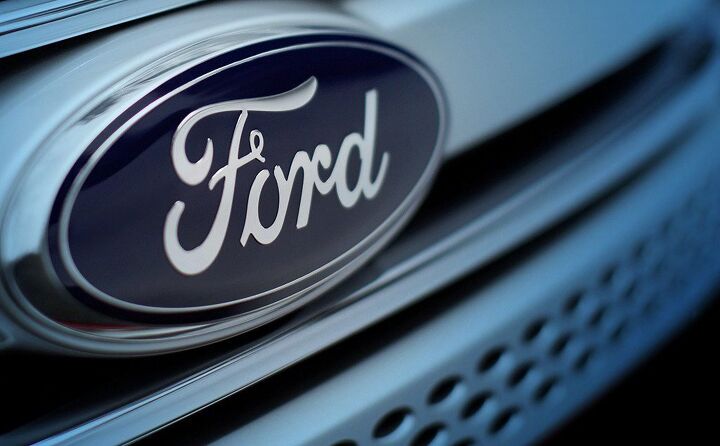
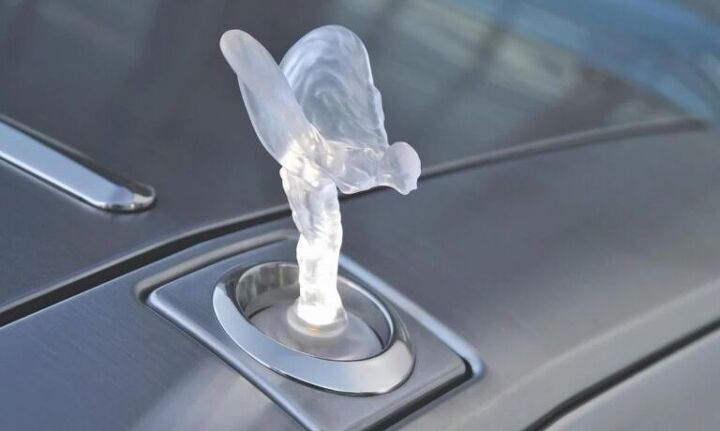

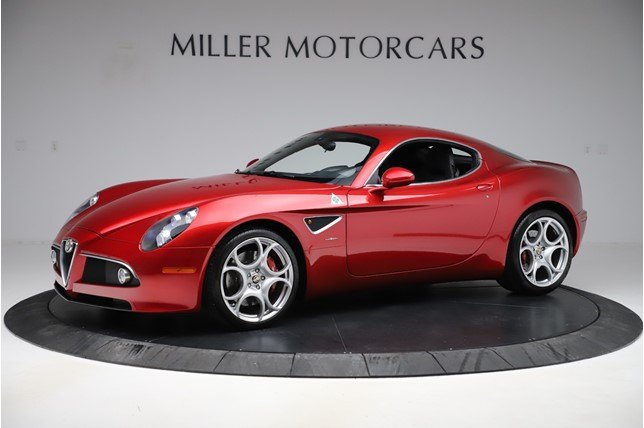
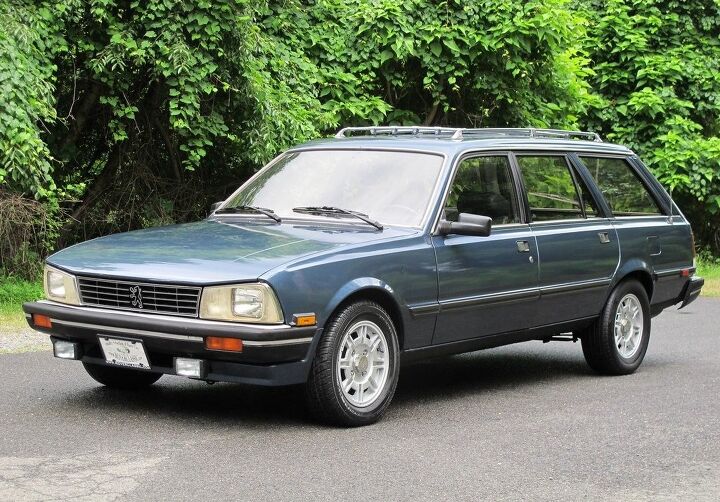


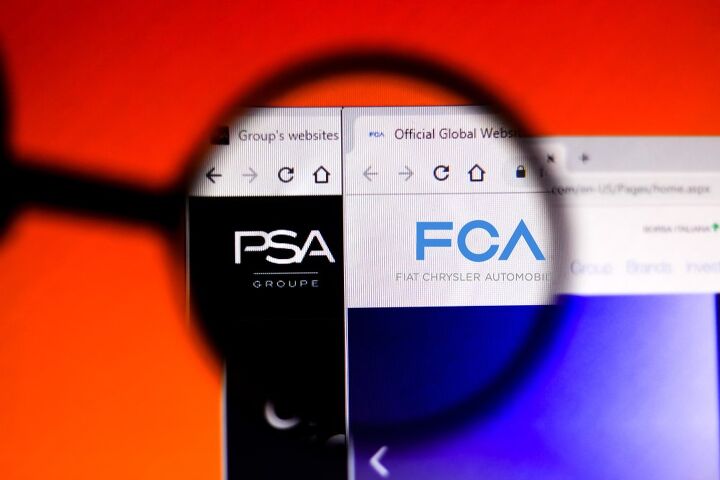
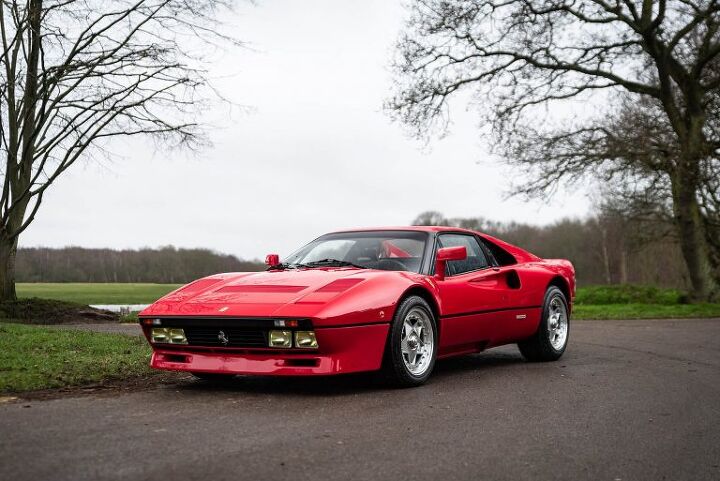

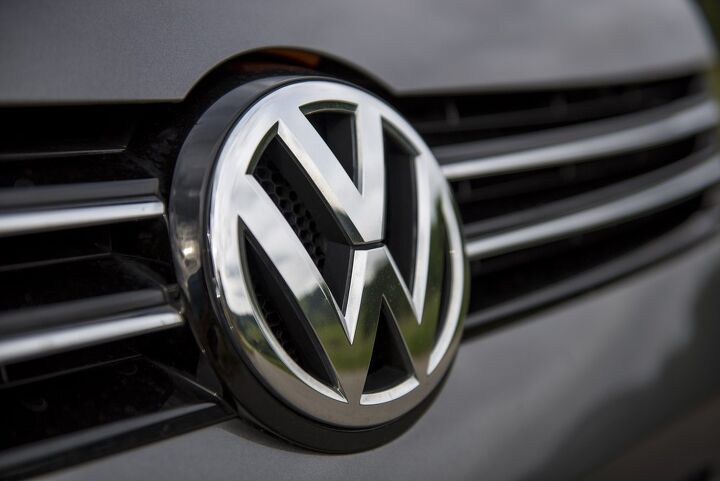
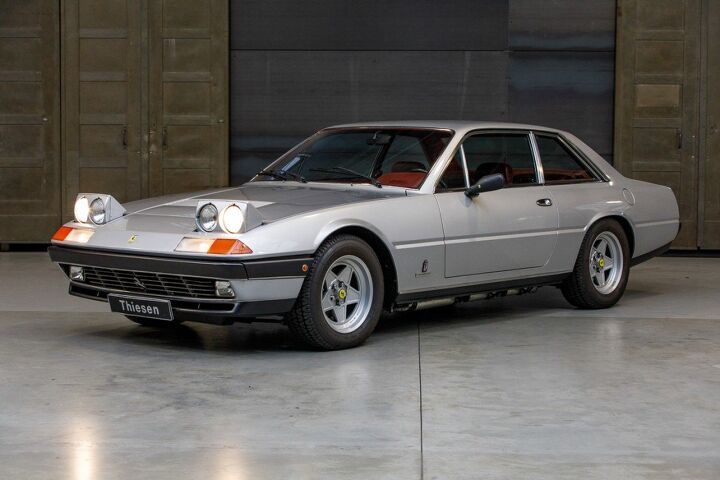













Recent Comments